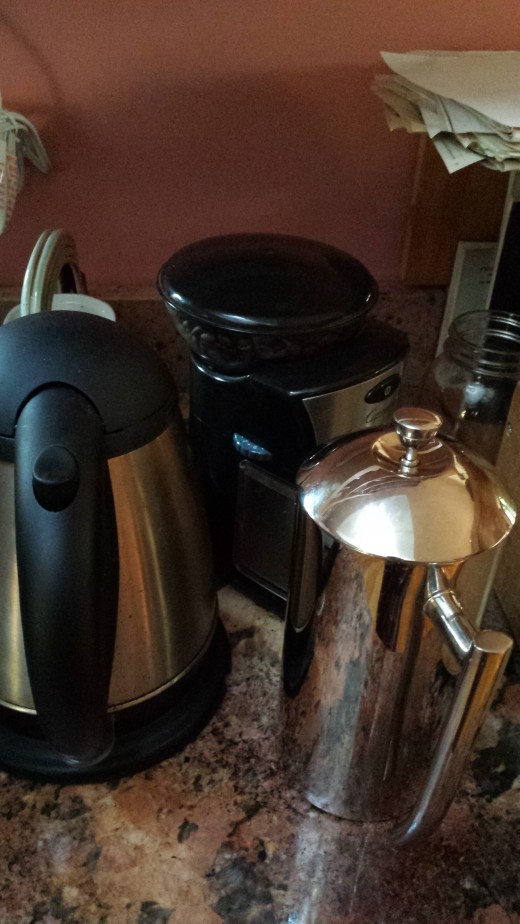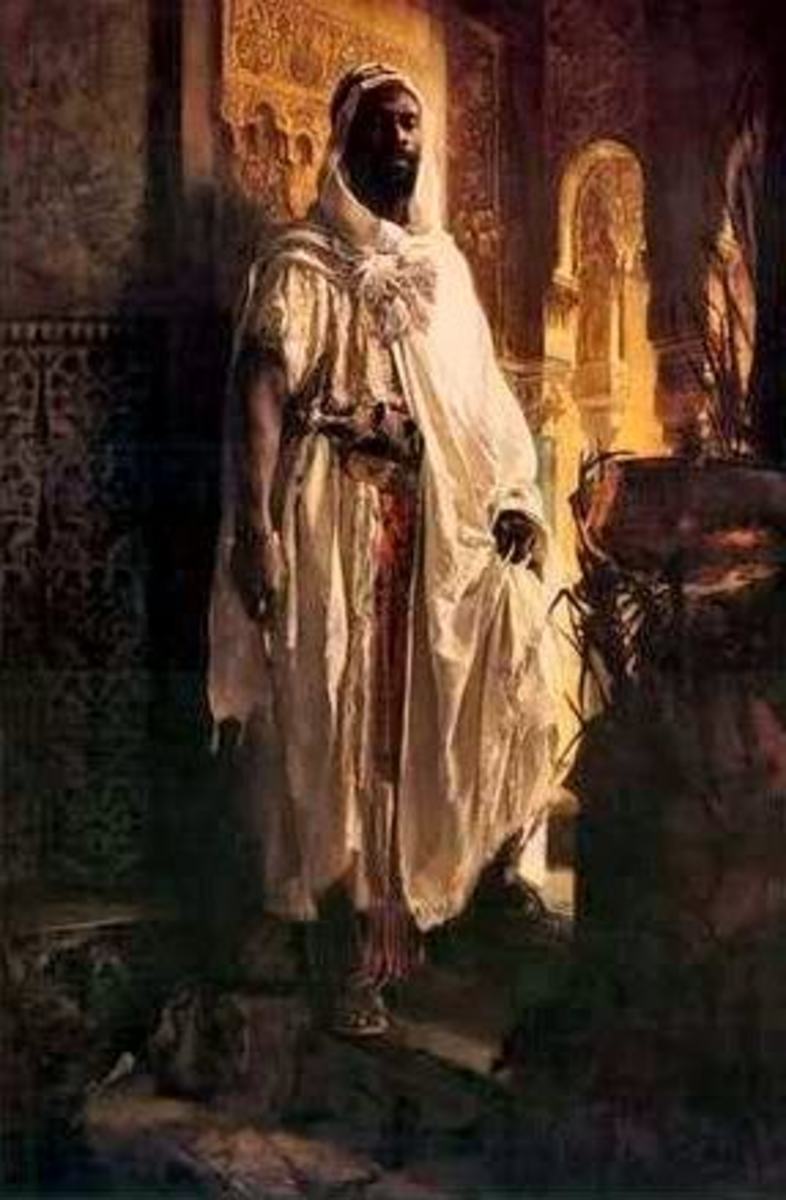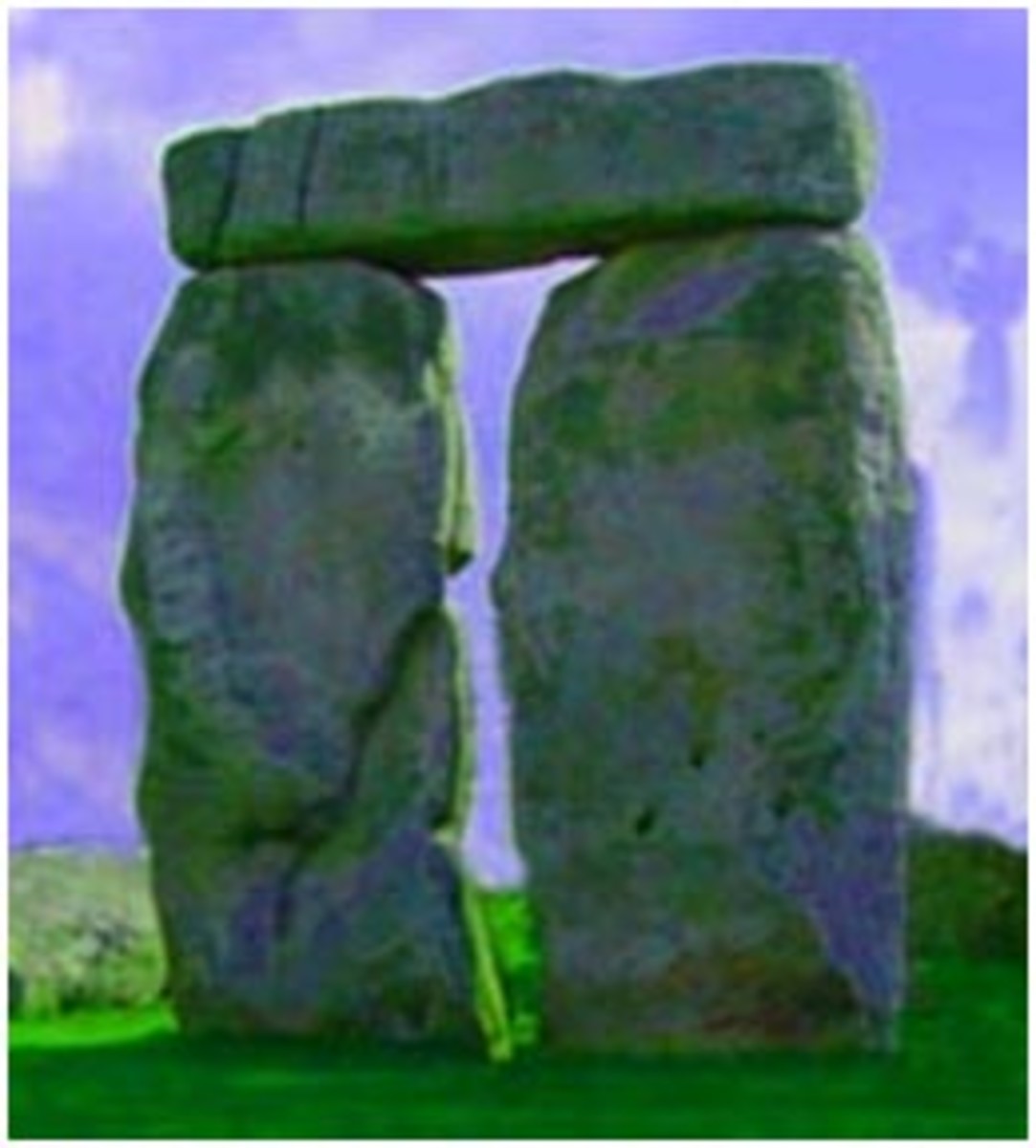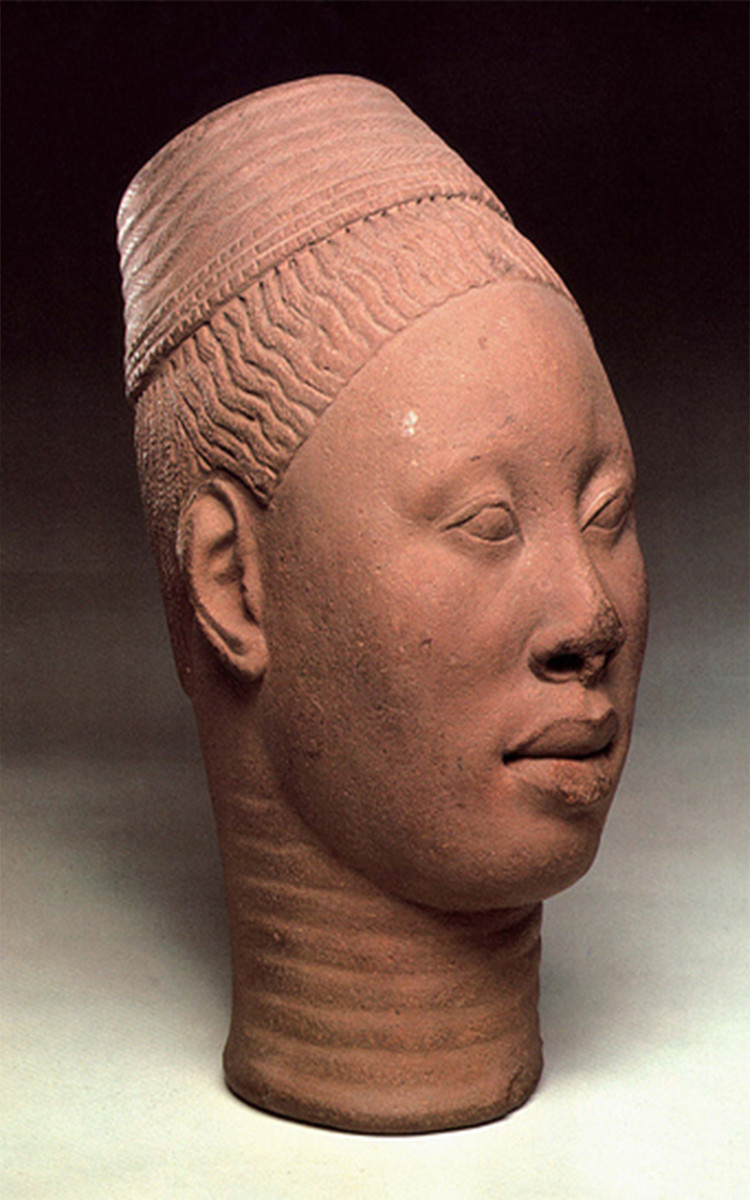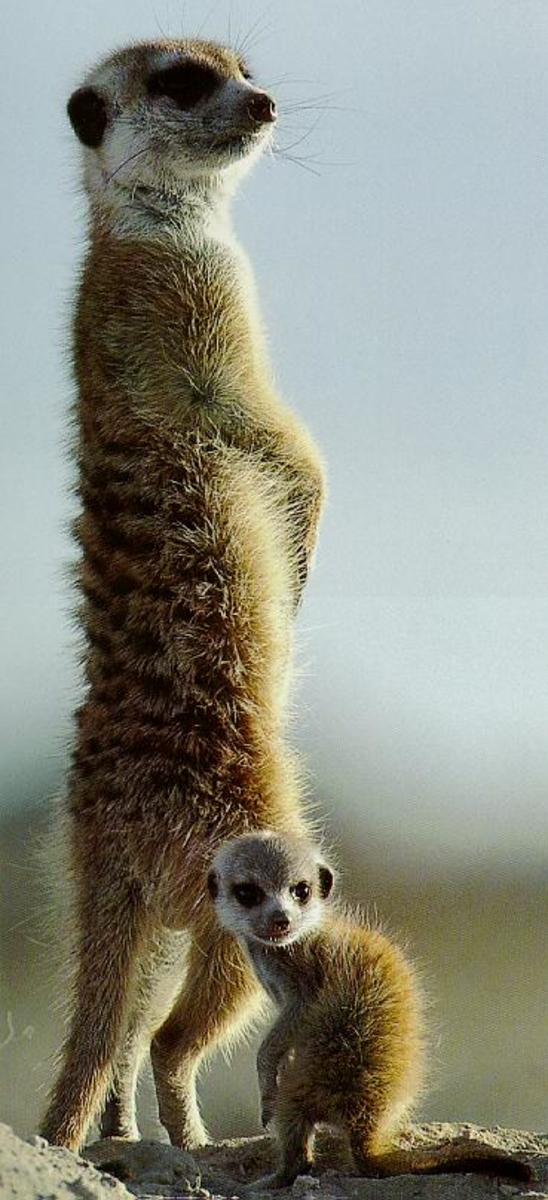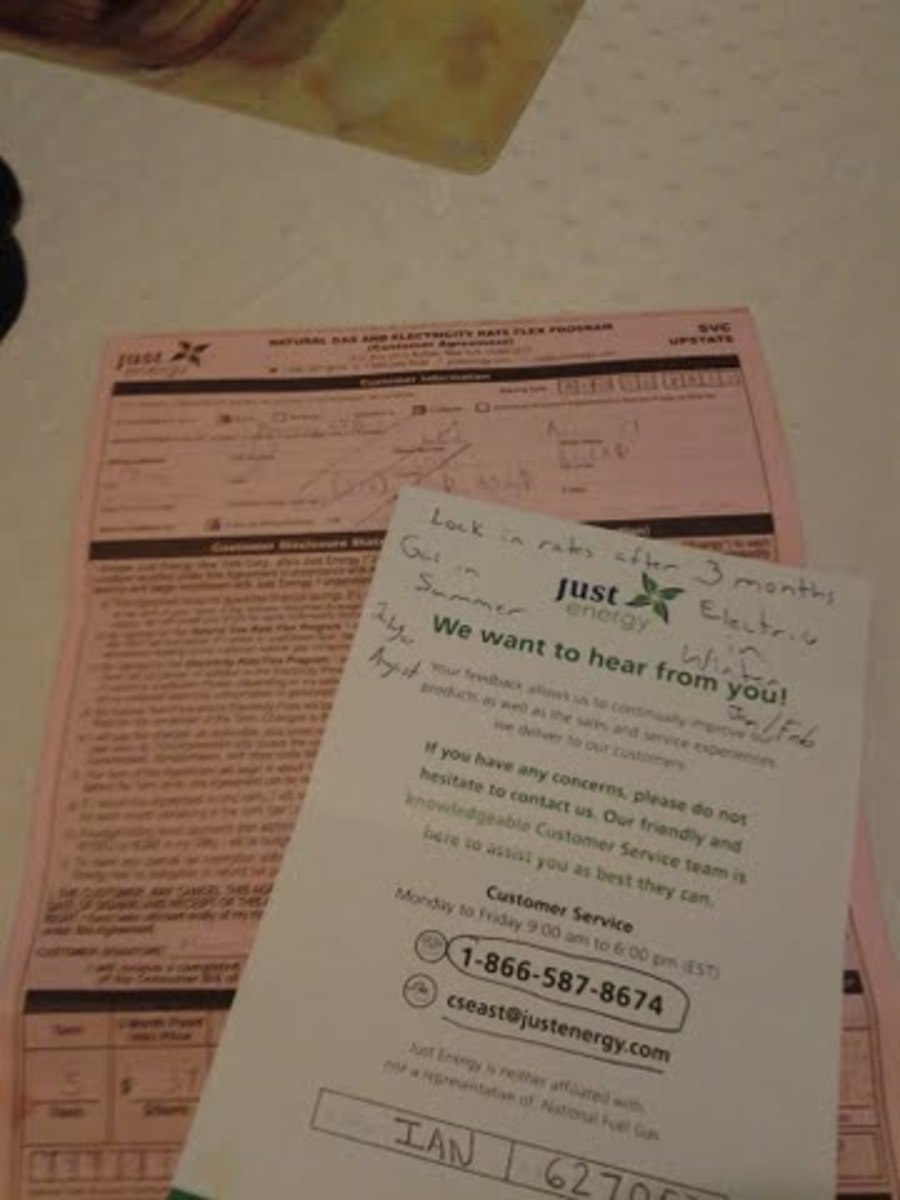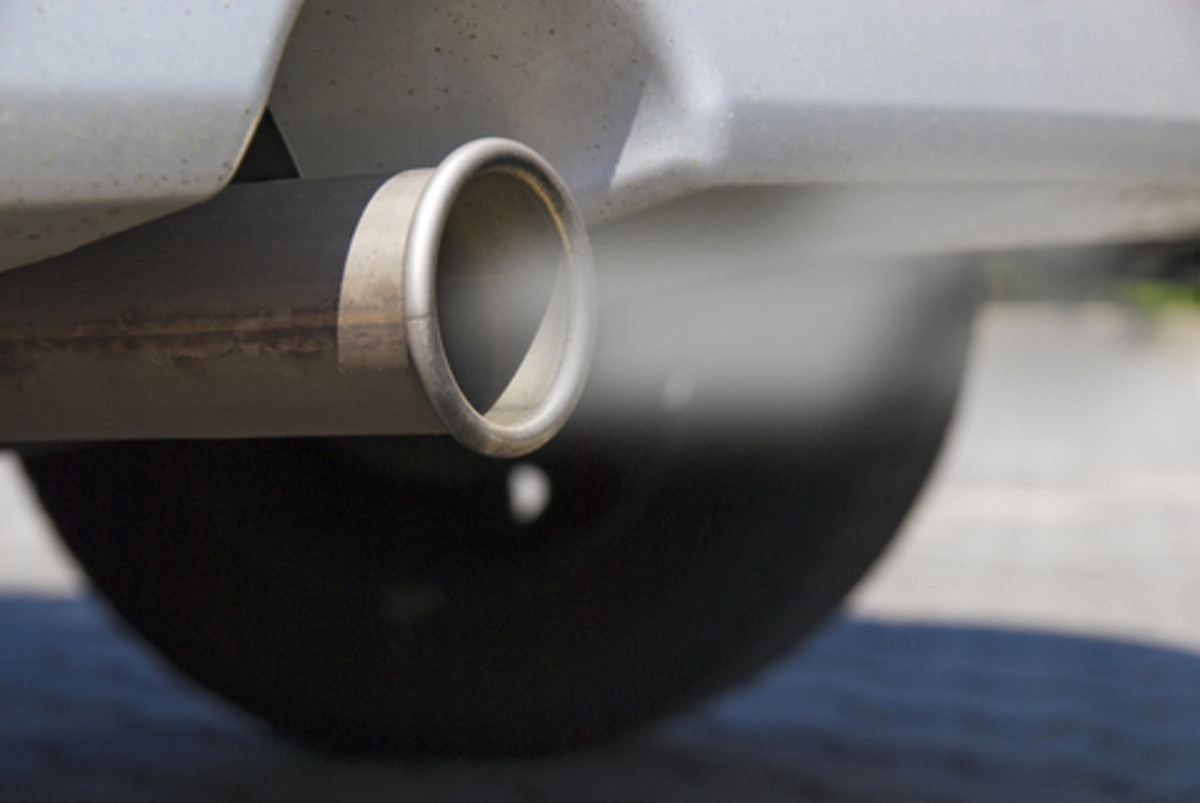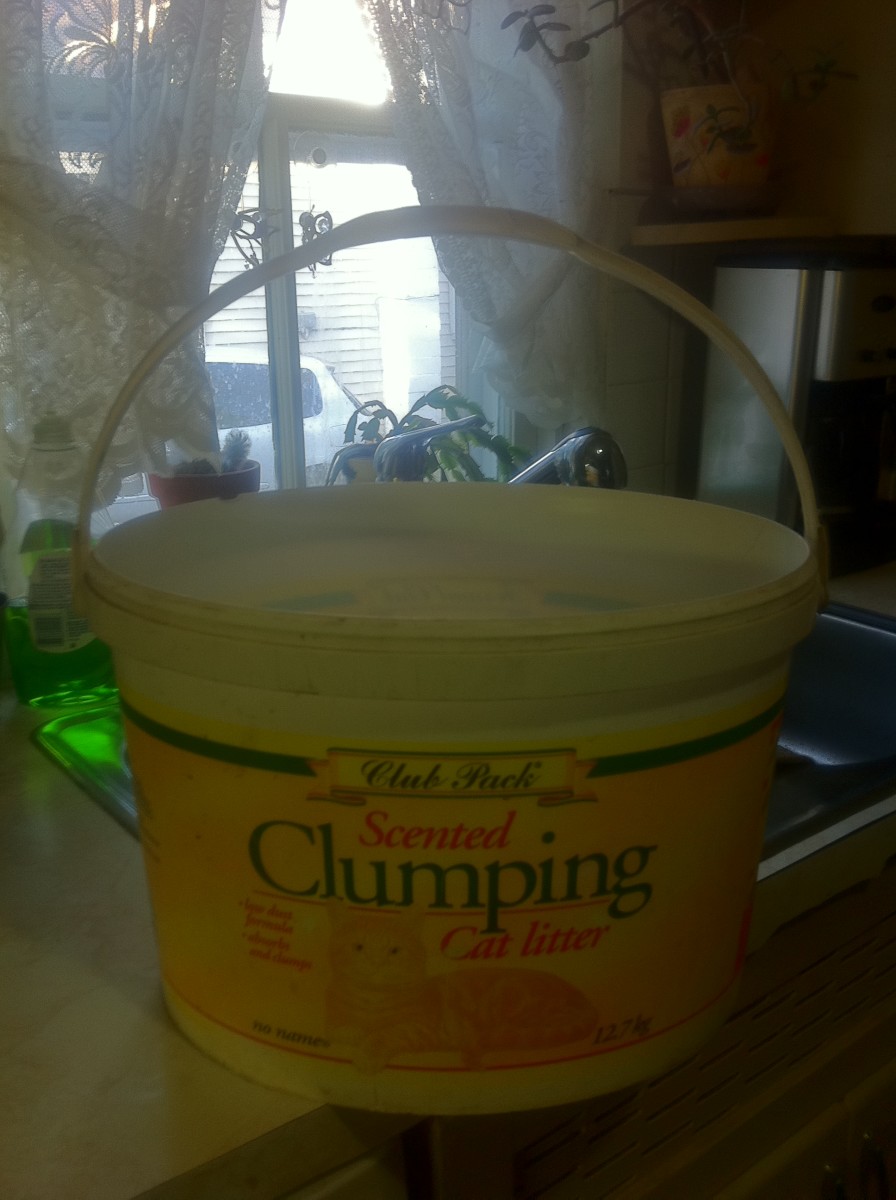Coffee, commerce and civilization
Dry Coffee berries
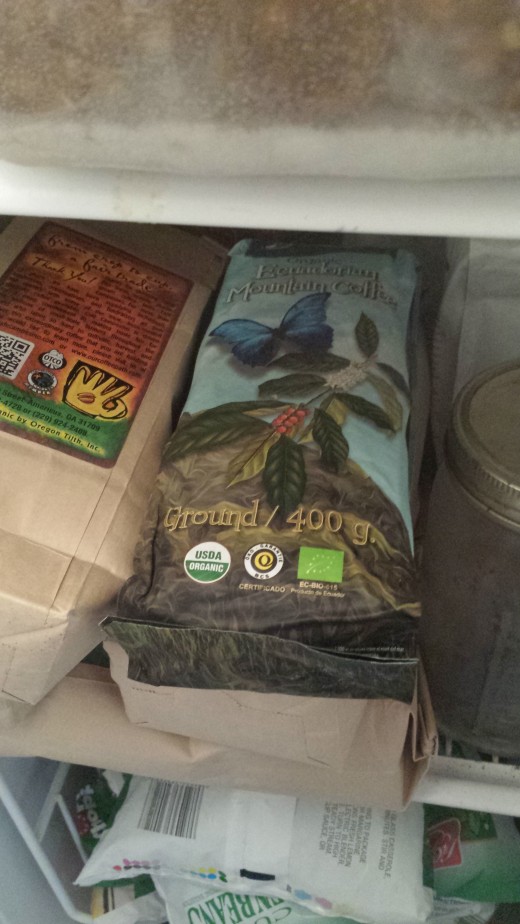
Tap-water
Click thumbnail to view full-size
The Grinder with Ecuadorian Coffee berries
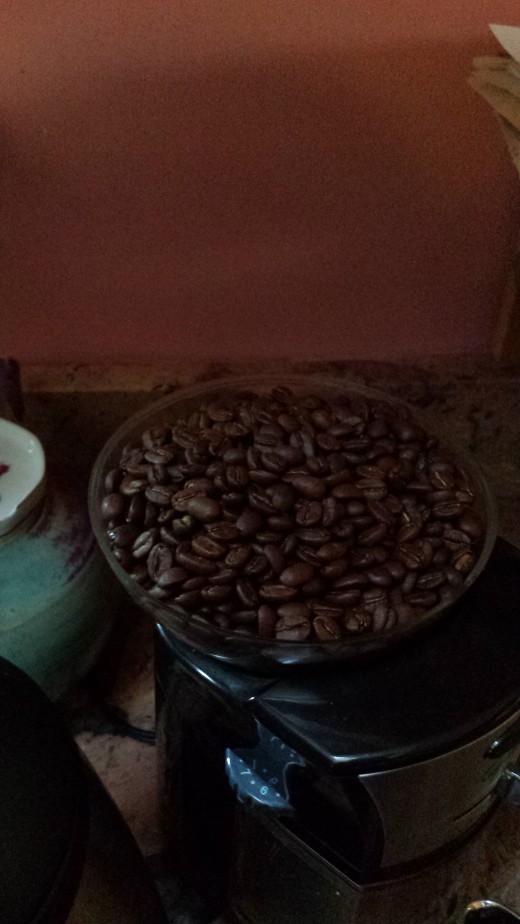
Pre-coffee break ritual equipments
Click thumbnail to view full-size
Morning coffee ritual
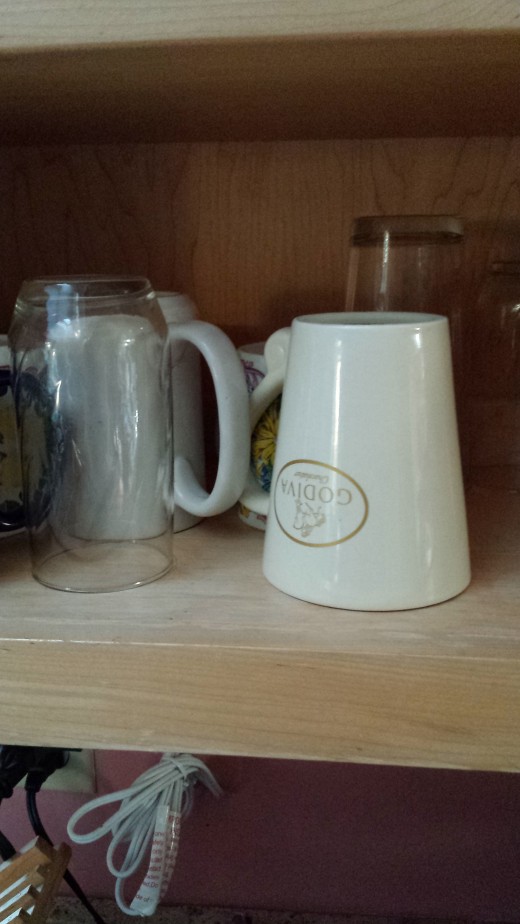
The Coffee Break
After a long day or night comes coffee break
This is a story of a wonderful plant or crop called Coffee. It is a break many look forward to. In homes, at work places all over the world and communities where many people are gathered, a coffee break is part of the day's or night's planned activity. But there is another story about coffee. It helped motivate indigenous communities to organize as peace-makers and entrepreneurs. It has also been an engine behind courtesy, etiquette and civilization in the 19th, 20th and continues in the 21st Century. Somewhere in the world it helped deter wars, belligerence and a cycle of poverty. Read on below:
Origins of coffee
Where did this 'coffee' originate from? Answers to this question are clothed in myth. But coffee originates from Africa.
Coffee in the norms and lores of Ancient African empires
In Buganda Kingdom and Bunyoro-Kitara are legends about coffee that go as far back as 300 AD. The Cwezi empire used coffee in different ways: as a medicine; dental and oral care; and in blood relation ceremonies. As a medicine the crushed dried coffee was applied on open sores in order to heal them. For dental and oral care, coffee was used side by side with twigs to scrape caries off the teeth. Dried coffee berries were used in blood relations ceremonies. Two or many people who were not biologically related could become blood relatives, bound and committed to each other. They would swear allegiance to stand by each other. They would make cuts around the navel, immerse the berries in the blood and chew them. This was followed by making an allegiance. This is how different tribes were bound to protecting and caring for each other. Different parts of Africa used coffee too. In Kenya and Ethiopia there are cultures in which coffee was grown as a crop.
The perfecting of coffee cultivation and harvesting
The cultivation and using of coffee berries to make a brew is said to have been done on the Arabian Peninsula (http://en.wikipedia.org/wiki/History_of_coffee, http://en.wikipedia.org/wiki/Coffee ). It is the Arabs, through their trade and interaction with Africa, who perfected the growing, harvesting, drying, packaging and distributing coffee outside Africa.
Coffee as a cliche
Coffee has influenced the way we even make appointments. 'We shall talk about this or that over coffee,' is an often heard commitment statement between people planning a meeting. Houses, delis, restaurants and dining rooms have been set aside for coffee. There are deliberate cultures around the growing, harvesting, drying, processing of beans, brewing and taking of coffee.
Use of coffee across diverse human population groups
A Bedouin Arab (http://en.wikipedia.org/wiki/History_of_coffee), an Israelite in Jerusalem, a frequenter at Seven-Eleven, an Afghanistan-based politician, a Dunkin-Donut aficionado, a Starbucks addict, a Javian, a Palestinian in Bethlehem, a Nairobi based business-woman, a Kampala based entrepreneur, a Chinese Professor and South African man all look forward to coffee.
'Why I take my coffee,' many would argue
Coffee brings about wakefulness and alertness, it is a pick me up for many and the only liquid intake for others. An occasional latte or a farmer's mug may be an only obstacle standing between lethargy and energy.
The preferences and coffee orders
Many want it 'black, sharp, bitter and hot.' Others like it cold. The flavors, taste and appearance make coffee ornamental and a status symbol. In taking it one feels rewarded and deserving of the drink. Coffee can be made with milk or taken plainly. By plain I mean without milk (lol !!!!). If one imagined the innumerable households where it is brewed this is exactly the different ways people like their coffee. Complex industries have come up with sectoral linkages ranging from agricultural, hospitality based industries, import and export.
Coffee as an enabler for managing the colonies in the hey days of imperialism
Coffee brought about an establishment of a universal prototype infrastructure used to manage colonies as far back as 1400s. Land surveying enabled the decimal compliance of the continents to occur. Coffee added value to a factor or production, land (http://www.coffeeresearch.org/coffee/originsmap.htm). Cultures have been swapped. It is not new to find a distinctively Italian coffee making method (Italian cuisine) in India, Argentina or UK. The commercial version of 'milk in coffee' or caffee latte is such an example (http://en.wikipedia.org/wiki/Latte). Through this version lifestyles are changing. Even in cultures where tea (India and Turkey) was famous coffee seems to be upstaging it. This is also seen in cultures in Africa where both tea and coffee drinks were non existent before 1700. If the definition of tea is restricted to Camellia thea (http://www.kew.org/plant-cultures/plants/tea_plant_profile.html). In the strict sense of speaking. A brew made out of herbs is called a herbal tea. In Africa herbal tea taking is as old as the discovery of fire.
Green Technology of the 1500-1700s
Coffee made civilizations endure. Indeed it was a break from usurpation and belligerence among super powers in the 1500s-1700s. Two countries that were constantly bickering over territories, Holland and Portugal had a break. Their territories were productive and the search for more land seemed to be irrelevant especially if the land in hand was not well utilized. Coffee, rubber, cotton and tobacco ensured that was done. Between 1500-1600 Portugal, Holland, Caribbean and Brazil experienced a minor surge in their economies. It was possible to diversify into sugar and cattle. But when coffee was introduced in 1700s the geopolitics of the region changed. Come 1885 Brazil was the world's largest producer of coffee.
Coffee and Emancipation of the Black person in South America
Coffee enabled Brazil to establish wage labor and abolish slavery. Through its wide and complex production, the coffee industry linkages ensured efficiency. The road network improved and more land was opened up. Immigrant labor flocked to Brazil and a critical number of laborers engaged in the production of coffee. This by 1885 made Brazil the world's ranking coffee producer. A spot it still enjoys with Colombia, Guatemala, Indonesia and Uganda (http://www.coffeeresearch.org/coffee/originsmap.htm). This picture was the break from poverty that many other countries enjoyed.
Nothing beats a hot coffee brew on a chilly morning in New England
But as I think about the story of coffee, I cannot fail to think about another thing, my morning coffee ritual. The brewer, the grinder, berries from Ecuador, tap-water, sugar, a cup, spoon and heat have to be available for me to have my brew. This is how I break my fast like hundreds upon hundreds of homes in the world.
The coffee break
Click thumbnail to view full-size


